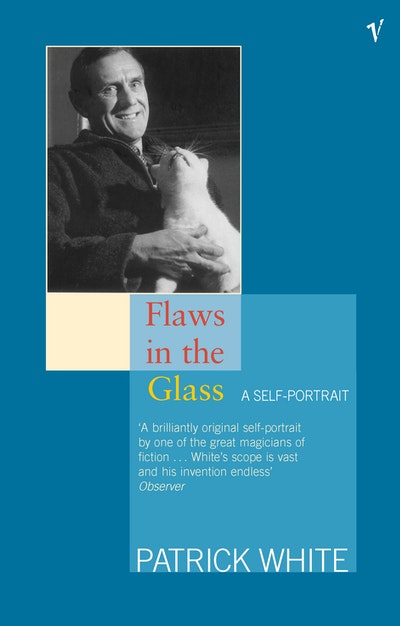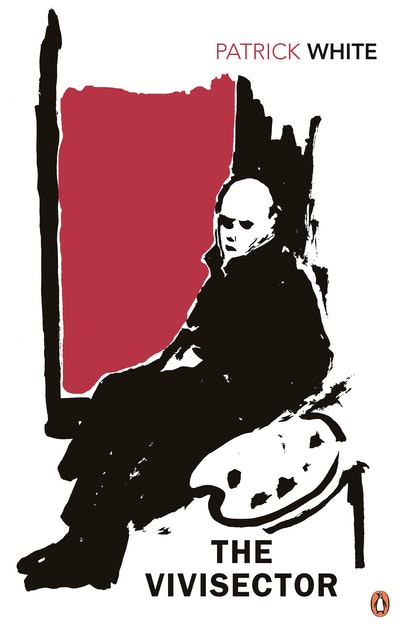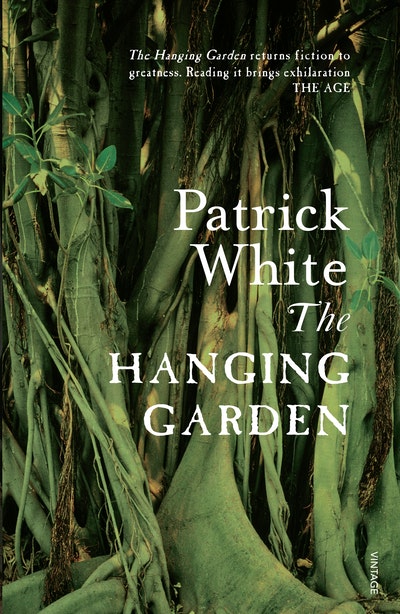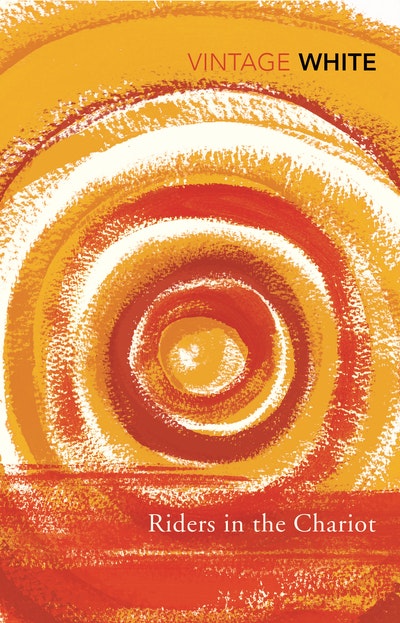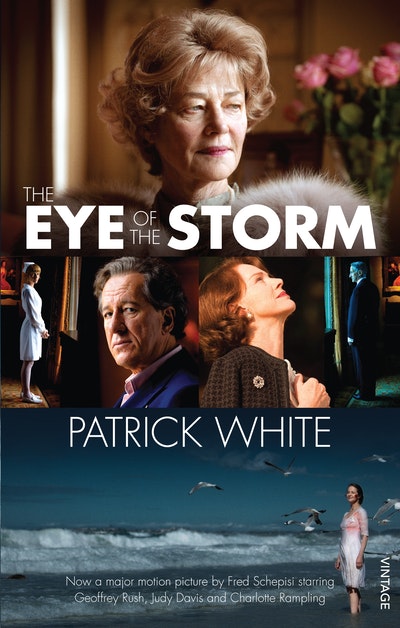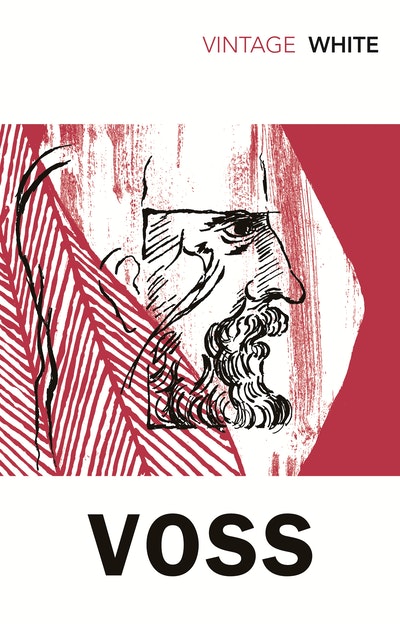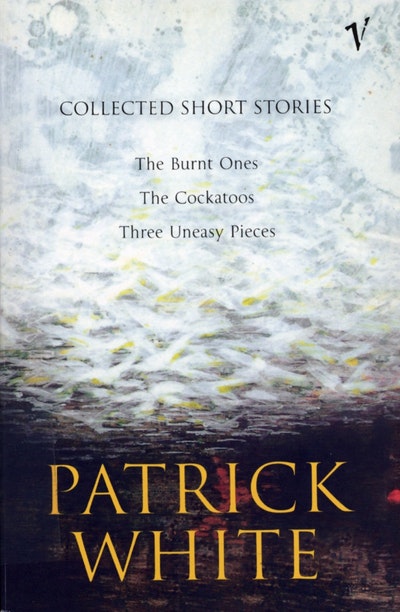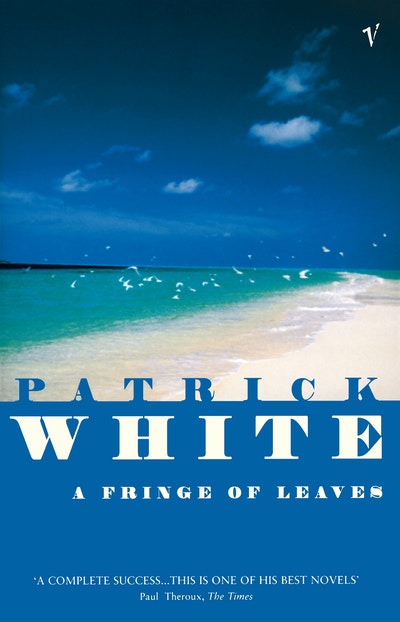- Published: 1 July 2012
- ISBN: 9781742759005
- Imprint: Vintage Australia
- Format: Trade Paperback
- Pages: 288
- RRP: $24.00
Flaws in the Glass
- Published: 1 July 2012
- ISBN: 9781742759005
- Imprint: Vintage Australia
- Format: Trade Paperback
- Pages: 288
- RRP: $24.00
A brilliantly original self-portrait by one of the great magicians of fiction. White's scope is vast and his invention endless.
Observer
Another work of art. Flaws in the Glass is austere and ornamental, ignoring conventional chronology, linking associated fragments to create Proustian deviations. A hybrid being emerges of rare perception and acid experience; family, friends, places are landscapes of hell, heaven and purgatory in this Nobel Prize winner's fertile imagination.
The Times
A singularly penetrating act of self-scrutiny, a cold uncompromising stare into the mirror of an artist's life. There are lyrical patches and there are wryly comic passages, but the overriding impression it leaves is of a man driven by his creative daemon.
David Lodge
As absorbing an autobiography as has been written by a novelist this century.
New York Times Book Review
He records magnificently, helped by a brilliant eye and an unforgiving nature. His descriptions of Egypt, Greece and Australia are immediately evocative reading.
London Evening Standard
